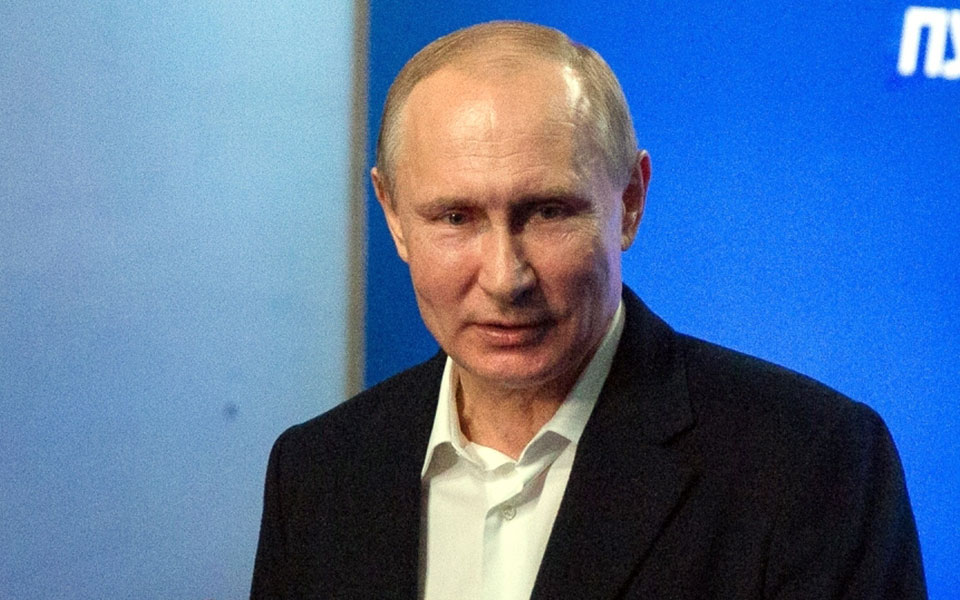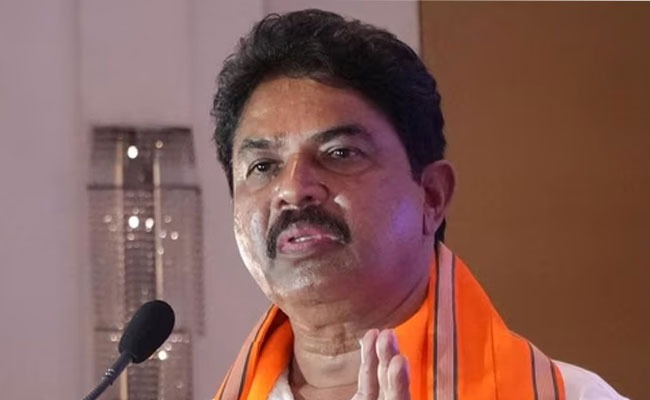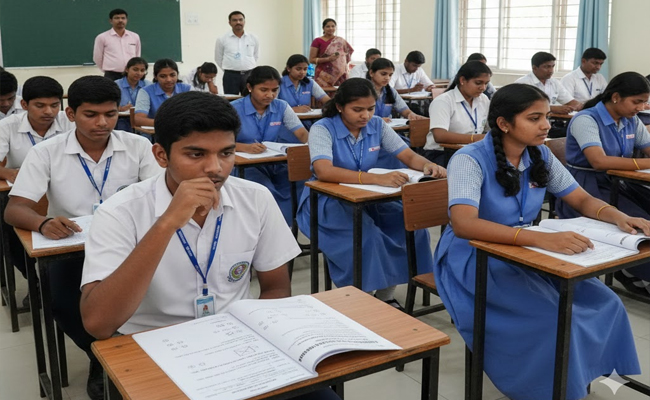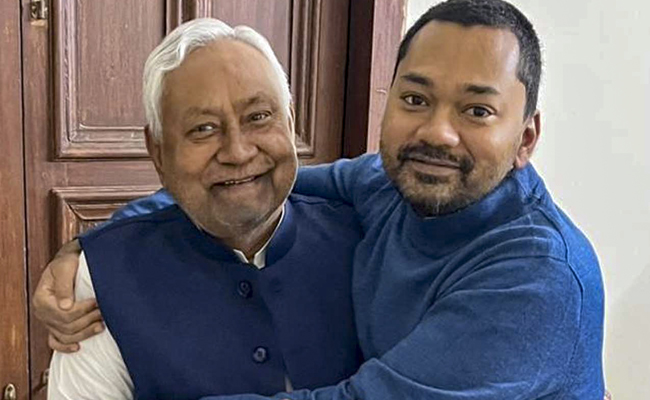Moscow, May 27: Russian President Vladimir Putin tasked the newly formed government to develop an efficient mechanism to implement the decree on Russia's goals of strategic development until 2024 signed earlier this month, the Kremlin said on Saturday.
"The government must promptly draft and approve the main guidelines for its activities and key projects in accordance with the May 2018 Executive Order on National Goals and Strategic Objectives of the Russian Federation through to 2014," Xinhua quoted a Kremlin statement as saying.
On May 7, Putin signed a decree for Russia's roadmap of strategic development that sets targets of the national development in a wide range of spheres up to 2024, including improving economic growth and speeding up technology development.
Putin signed decrees appointing members of the new government on May 18.
The President demanded that the government develop a "clear and understandable mechanism" to carry out plans outlined in the decree by October 1, 2018, according to the statement.
In order to ensure the implementation of the development plans, Putin underlined that the cabinet should establish close coordination with regional management teams, civil society entities and political parties.
It should also adhere to "maximum openness" so that the public can understand the actions of the government, which will in turn contribute to the success of the latter, he added.
The decrees on Russia's six-year plans for top priorities of national development are also known as the "May decrees", as the last such decree was also signed by Putin in May six years ago at the start of his previous presidential term.
Let the Truth be known. If you read VB and like VB, please be a VB Supporter and Help us deliver the Truth to one and all.
New Delhi (PTI): At least three Indian seafarers on board foreign-flagged vessels were killed and one was injured in the Middle East region, the Directorate General of Shipping said on Tuesday as it issued an advisory for maritime operators to assess voyage-specific risks, amid escalated military actions involving the US, Israel and Iran that threaten disruptions of major trade routes.
"There have been four reported incidents involving Indian seafarers in the region, resulting in three casualties and one injured seafarer, all of whom were serving on board foreign-flagged vessels," the Directorate General of Shipping said.
On Tuesday, American and Israeli airstrikes continued to pound Iran since killing its Supreme Leader, Ayatollah Ali Khamenei, on Saturday. Tehran and its allies have hit back against Israel, neighbouring Gulf states, and targets critical to the world's production of oil and natural gas.
ALSO READ: Iran claims missile strike targeted Netanyahu’s office; says his fate ‘unclear’
President Donald Trump on Monday said the US has "the capability to go far longer" than its projected four-to-five-week time frame for its military operations against Iran.
In an advisory, the Directorate General of Shipping said it is closely monitoring the evolving maritime security situation in the Persian Gulf, Strait of Hormuz, Gulf of Oman and adjoining sea areas.
It said the threats of the recent geopolitical developments included missile and drone activity, electronic interference, and other maritime security concerns.
Stakeholders have been advised to maintain heightened vigilance and undertake voyage-specific risk assessments, and vessels operating in the region have been advised to maintain an enhanced security posture and bridge watch, ensure continuous communication readiness, and report any suspicious activity immediately, with transit through high-risk areas to be reviewed by operators based on prevailing conditions, the shipping authority said.
About the incident involving Indian seafarers, the Directorate said the remaining crew members on board are safe and secure, and the Directorate, as well as other authorities, are maintaining close coordination with all stakeholders to ensure their continued safety, well-being and timely support.
All necessary support, assistance and facilitation are being extended to the affected seafarers and their families, it added.
The directorate further said that it has activated enhanced monitoring and security oversight, real-time tracking of Indian-flagged vessels with increased reporting frequency and 24X7 monitoring.
"Mandatory reporting protocols have been prescribed for vessels, owners and managers, and close coordination is being maintained with the Indian Navy, Ministry of External Affairs, IFC-IOR, MRCC and Indian Missions," it said.
Shipping companies have also been advised to exercise due caution in crew deployment and to maintain regular communication with seafarers and their families.
The Directorate said a dedicated 'quick response team' has also been formed to ensure timely coordination among all concerned authorities, enable immediate response to emerging situations, and facilitate prompt assistance and support to Indian seafarers and their families.





